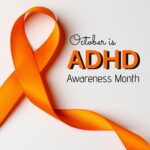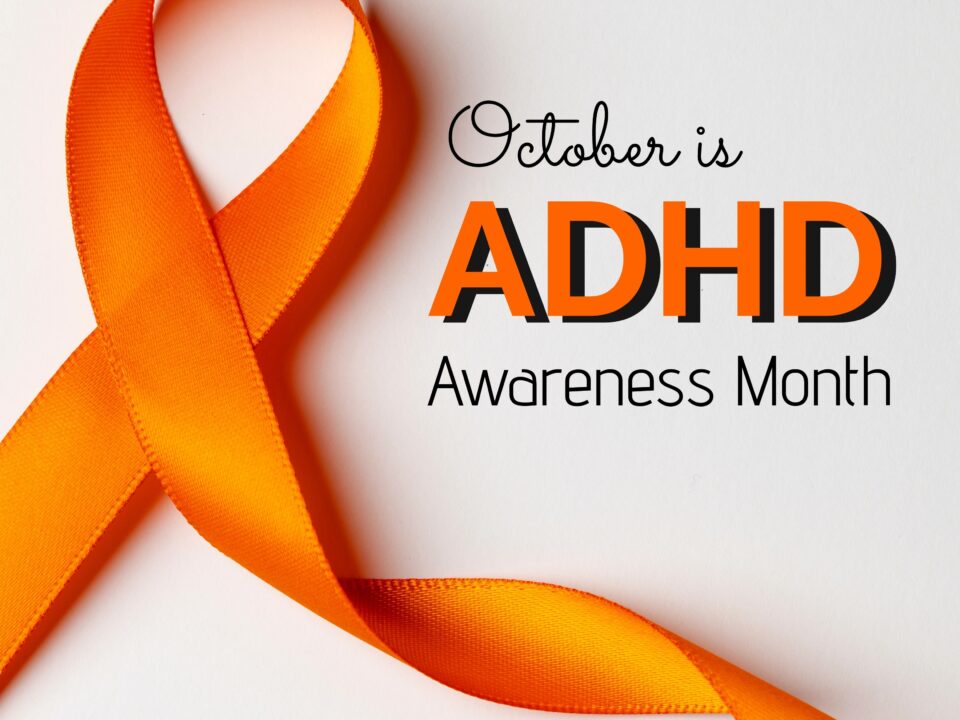
October: ADHD Awareness Month
October 14, 2025ADHD Parents Parenting ADHD Kids
By Carol S. Siege, PCC
Founder, Family Pathways Coaching, LLC
In 2007, my sons and I were featured in a television news segment about attention deficit hyperactivity disorder (ADHD) and its genetic link. The National Institutes of Health (NIH) had just published a “Science Update” regarding a gene variant found in ADHD teens, and a news outlet thought a family with four ADHD sons would put a human face on the report that emphasized ADHD’s hereditability.
We all thought the report was pretty funny: My husband has ADHD and all of his sons have been diagnosed with ADHD. We had little doubt that genetics was at play in our family.
In fact, as early as 2002, reputable, large-scale studies have concluded that ADHD has a strong genetic component. Genetics is not the only factor that leads to ADHD, but as noted in the 2019 meta-analysis of existing studies published in “Child & Adolescent Psychiatry and Mental Health,” anywhere from 38 to 52 percent of parents who have ADHD have children who also have ADHD.
If you’re a parent with ADHD, read on for some simple systems all parents – especially those with ADHD -- can implement for easy and effective parenting.
- Start the School Day Right
Morning routines are crucial to help both parent and child start the day with less stress. Breakfast time can be crazy if you have more than one child clamoring for more than one meal, or time and energy are wasted deciding what to eat. As with so many parenting rules: Keep It Simple! Know ahead of time what everyone will eat each day of the week. You can choose a different breakfast each day of the week, or you can switch between two different meals, but do include the kids in the process. Kids cannot be expected to cooperate if they haven’t had a part in the planning. If you have more than one child, make sure each child gets a favorite breakfast at least once a week. Not only will you reduce decision-fatigue, but you will also know what you need to buy at the market. If the creative part of your brain is revolting against a “same-old, same-old” mentality, remember that your ADHD children need structure, and parents need to help provide that for them. Save the weekends for ditching the rules.
- Laundry Simplified
If you’re a parent with more than one child, you know the harrowing experience of trying to pair socks and underwear for your children. Even for kids of wildly different ages, random socks can be nearly impossible to match. Make your life simple: Buy a dozen socks of the same color, brand, and/or style for each child. Do the same for underwear and be sure each child’s clothing is distinct in some way from the others.

You will make everyone’s life easier if you can see immediately which clothing item belongs to which child. Be sure to buy a large quantity right from the start – fewer trips to the store keep the process simple and reduce the chances that your chosen style will no longer be available when you need more. Bonus points for having your children help sort the laundry, providing a great opportunity to teach a life skill and cooperation.
- Keeping Family Events Organized
School events, homework assignments, class parties, parent-teacher meetings… The list of paper and digital notices goes on and on if you have school aged kids, creating an organizational nightmare for parents who struggle with their own executive functioning challenges. Just as you can do for your ADHD children, remember the expression, “No tool fits every hand.” Some people are visual and a large calendar hung in a prominent location can be helpful. Assign every family member a specific color so it’s easy to see who needs to be where and when. Other people may prefer utilizing technology and relying on alarms to help with time management. An important habit to establish with any organizational system is delegating a specific time and place to add events to the calendar and review existing items regularly. If you continue to add to the calendar but never check what’s coming up, you still may be unprepared. If you review the calendar as a family, you will also teach your children a skill that will help them at home, in school, and eventually at work.
ADHD doesn’t affect only children. In 2023 the Centers for Disease Control and Prevention (CDC) estimated that six percent, approximately 15.5 million U.S. adults, have a current ADHD diagnosis. If you struggle with time management, disorganization, impulsivity, or other typical ADHD symptoms, you are not alone. When parenting your ADHD children, remember the gifts you bring to their lives, whether it’s creativity, energy, or insightfulness, and continue to build your own skills while you simultaneously teach your children.




